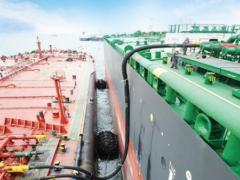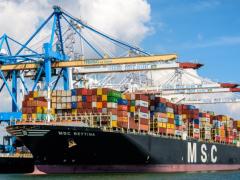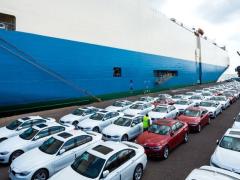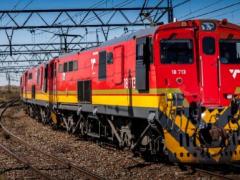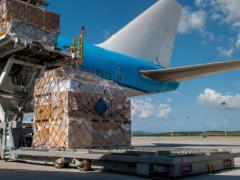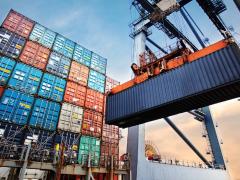As courier and express logistics evolve alongside shifting consumer expectations and retail transformation, technology is no longer a competitive advantage – it’s a survival requirement. That’s according to Mahendra Beharie, vice president of IT at DHL Express South Africa, who says e-commerce and consumer behaviour are reshaping supply chains across the continent. “Globally, omnichannel fulfilment, robotics, immersive retail experiences and data analytics are fast changing how supply chains are designed and executed,” he told Freight News. “Customers now expect same-day service, immersive shopping tools and seamless integration from warehouse to doorstep, and technology must enable all of that affordably.” He said evolving consumer expectations were the primary driver of change in the express sector. “People want things today. Product demand can shift in days. Retailers need supply chains that are not just responsive, but predictive, and that are able to anticipate spikes and ultimately deliver quickly.” According to Beharie, countries like South Africa face unique logistical challenges due to geography and infrastructure limitations. “Rural and remote areas require a different approach to reduce costs and ensure service coverage at the same level as urban areas.” Cost optimisation remains critical. “You might have trucks operating at half-capacity or returning empty from remote regions – that significantly increases the cost per delivery,” he said. Urban areas, however, are also different locally. “In Sandton, considered high-density in South Africa, you’re still travelling long distances compared to somewhere like New York, where deliveries can happen within a single city block.” Urban congestion, high fuel prices and limited parking further strain the system. “Traffic is a major issue, and fuel costs remain high. That is why we are seeing investments in alternatives like e-bikes and compact electric vehicles that are ideal for navigating dense city areas more efficiently.” Drone deliveries, he noted, were also gaining traction in specific use cases. “In Kenya, for example, drones are proving effective for transporting medical supplies to rural areas.” While technology is transforming the sector, Beharie cautioned against adopting solutions without clear purpose. “Not every facility needs robotic arms or smart glasses. The key is to ensure that each technology investment is fit for purpose and delivers measurable return.” Lv
Consumer expectations drive change
Comments | 0



